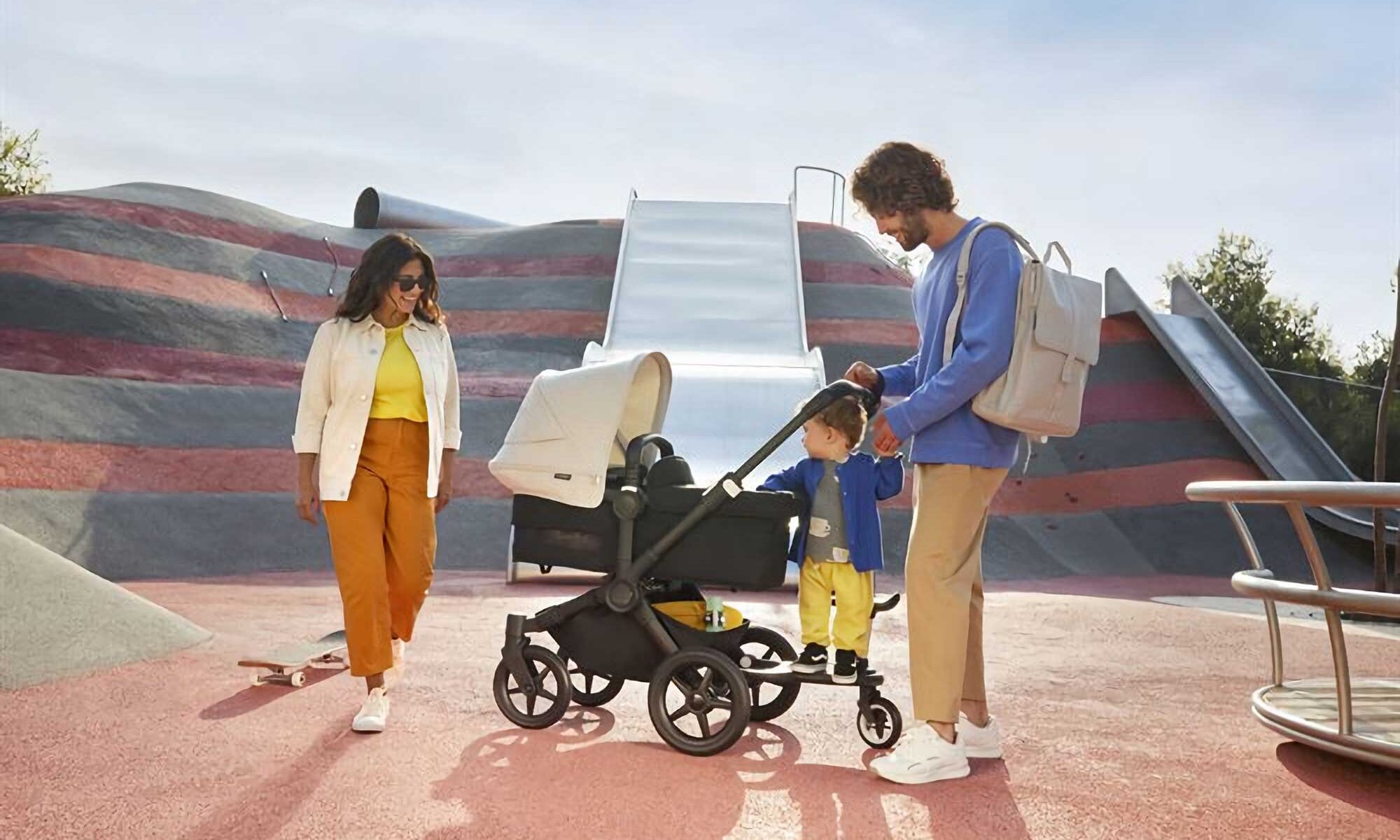Most plastic parts of the new strollers are made of Akulon® 100% biobased B-MB polyamide 6 (PA6). Developed by DSM Engineering Materials in collaboration with partners Fibrant and Neste, this new material reduces the carbon footprint of PA6 by about 75% compared to traditional PA6. The carbon footprint of the entire stroller is reduced by 24%.
Neste supplied renewable Neste RE™ for this, a polymer feedstock made from 100% bio-based materials, such as waste and residues, which is used to replace fossil raw materials in the value chain. DSM Engineering Materials, Fibrant and Neste are all ISCC-PLUS certified.
Zero emissions
Earlier in 2022, Bugaboo announced ambitious targets to achieve net zero CO2 emissions by 2035. “Addressing the impending climate crisis and all its consequences requires companies to take responsibility now,” says Bugaboo CEO Adriaan Thiery. “But no company can achieve a circular economy alone. By working together along the value chain, we can take advantage of innovative low-carbon solutions, such as bio-based PA6, that enable companies like Bugaboo to achieve ESG goals, stick to the Paris Agreement targets and move towards a circular, low-carbon economy.”
The first strollers will soon be available online and in shops worldwide. During 2023, Bugaboo will switch its entire stroller portfolio to production from bio-based materials.
Image: Bugaboo



